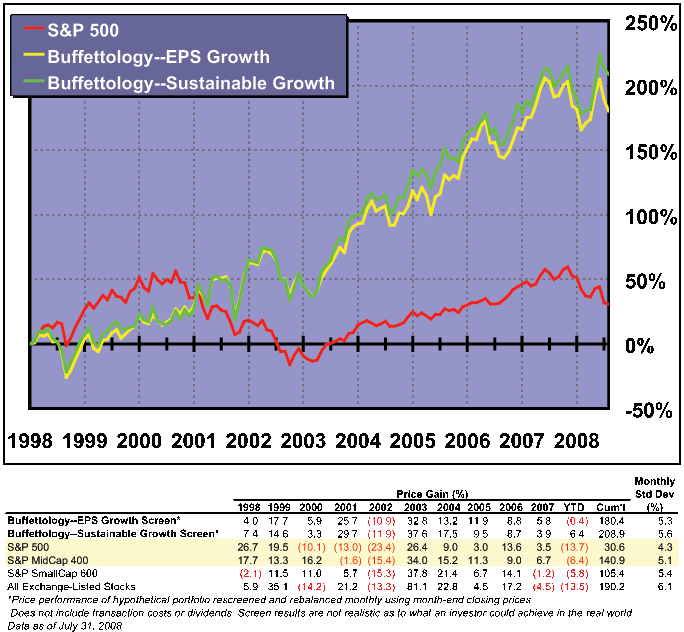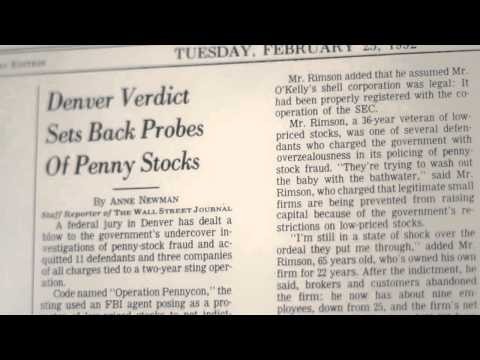Offbeat Offerings MortgageBacked Securities
Post on: 11 Октябрь, 2015 No Comment

by Cara Scatizzi
The current housing market decline, increasing mortgage defaults and the financial struggles at Fannie Mae and Freddie Mac have shined a spotlight on a particular fixed-income product that is often not particularly well-understood by individual investors—mortgage-backed securities.
What are these products?
Mortgage-backed securities are bonds that are backed by a pool of home mortgages. Investors receive proportionate shares of the interest and principal generated by the underlying mortgages. Typically the timely payment of both interest and principal is guaranteed, even if the home-owner defaults, by either the U.S. government through the Government National Mortgage Association (Ginnie Mae), or by one of two government-sponsored organizations, the Federal National Mortgage Association (Fannie Mae) or the Federal Home Loan Mortgage Association (Freddie Mac). The securities tend to be traded in large denominations; individual investors typically invest in these products through mutual funds or exchange-traded funds.
Their primary advantage is higher yields than other fixed-income instruments of comparable stated maturity and credit risk. However, those higher yields reflect risks that are different from those of other high-quality fixed-income securities.
How It Works
The process of creating these securities can be very complex. A mortgage lender pools together similar mortgages and sells them, typically to one of the insuring agencies (Ginnie Mae, Fannie Mae or Freddie Mac). While the lender retains responsibility for servicing the mortgages, the mortgage pools are “securitized” (securities are issued that represent fractional undivided interests in the pool) and sold to securities dealers, who then sell the securities to investors. The lender collects monthly payments of principal and interest and forwards it to the insuring agency, which then passes on the payments to investors whether or not payment has been received from the homebuyer.
Like bonds, mortgage-backed securities pay a coupon rate of interest. Unlike bonds, however, the principal is repaid in increments over the life of the security, as the underlying mortgage loans are paid off, rather than in a single lump sum at maturity.
Because homeowners can pay off their mortgages early through refinancings, or when they sell their homes, the monthly payment amounts (consisting of both interest and principal) to investors can be irregular due to prepayments. When any prepayments occur the payments are distributed to the security holders on a pro rata basis.
Unlike bonds, which are traded based on their maturity date, mortgage-backed securities are traded based on their “average life”—the average amount of time that will elapse from the date of purchase until the entire principal amount is repaid, which takes into account an assumed prepayment forecast.
Types
There are many different types of mortgage-backed securities. The most common type of mortgage-backed security is called a pass-through or participation certificate. The dealer of the security collects the monthly payments from homeowners and passes it through to the investors.
Most of these securities are issued by or guaranteed by Ginnie Mae, Fannie Mae or Freddie Mac and carry an implied AAA or AA credit rating. The payments are considered secure but can vary in amount from month to month due to prepayments from homeowners. Most pass-through securities are backed by fixed-rate mortgages. However, pass-through securities backed by adjustable-rate mortgages are also available. The stated maturity on pass-through securities is typically 30 years, although shorter-term stated maturities are also available; however, actual maturities will be substantially shorter to the extent that homeowners pay off loans prematurely.
How to Trade
Most mortgage securities are issued or guaranteed by Ginnie Mae, Fannie Mae and Freddie Mac. A number of private investment institutions repackage these securities for sale as well. Investors can buy the securities directly from the issuer or on the secondary markets. However, most investors that directly invest in these products are institutions. Individual investors typically invest in the products through mutual funds or exchange-traded funds.

Investor Suitability
Mortgage-backed securities are fixed-income securities, but because the payments can be irregular, they are not for investors who need to count on a steady stream of income. Yields can be higher than traditional bonds of similar maturity and credit risk, but other risks are also higher. Due to the complexity of the product, individuals interested in these products should invest in them through mutual funds.
Tax Consequences
Investors in mortgage securities are subject to tax on both the coupon payments and any return on the principal purchase amount. If the security was sold at a discount from face value, the investor is taxed on the additional return over the life of the security.
Both cash interest payments and increase in principal value are reported on Form 1099-INT or Form 1099-OID, which are issued to investors each year.
The Pros
SPECIAL OFFER: Get AAII membership FREE for 30 days!
Get full access to AAII.com, including our market-beating Model Stock Portfolio, currently outperforming the S&P 500 by 4-to-1. Plus 60 stock screens based on the winning strategies of legendary investors like Warren Start your trial now and get immediate access to our market-beating Model Stock Portfolio (beating the S&P 500 4-to-1) plus 60 stock screens based on the strategies of legendary investors like Warren Buffett and Benjamin Graham. PLUS get unbiased investor education with our award-winning AAII Journal. our comprehensive ETF Guide and more – FREE for 30 days
Securities guaranteed by Fannie Mae and Freddie Mac are not backed by the full faith and credit of the U.S. government, but both agencies have a line of credit to the U.S. Treasury, and in the past the credit markets have considered the securities to be essentially equivalent to those issued by U.S. government-backed agencies. In mid-July, when massive debt and income shortfalls were reported by both government-sponsored agencies, Congress stepped in and opened a line of credit to Freddie Mac and Fannie Mae that is estimated to top $300 billion if necessary. However, the current financial condition of the agencies themselves remains shaky.














